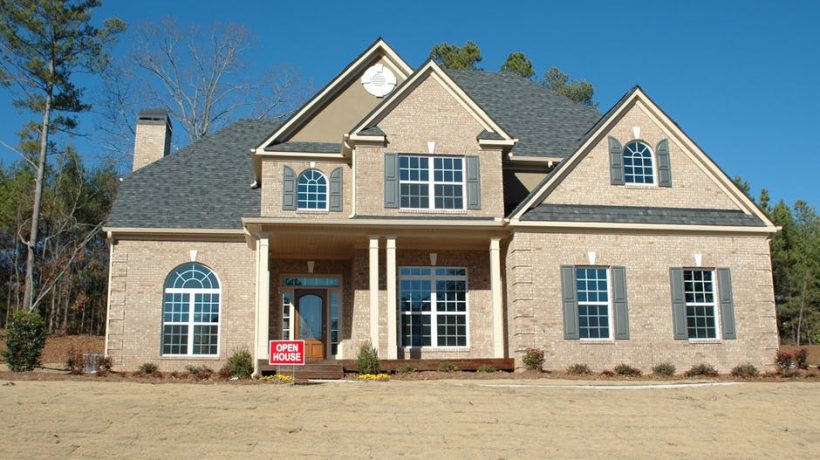
What Is Mortgage Foreclosure and How to Manage It
Failing to pay your mortgage installments on time may result in losing your home. When the delay is only one month, you are notified by the lender of it and urged to pay. If the delay, however, is between three and six months, the lender has the right to start a foreclosure procedure. Basically, a mortgage foreclosure is a process in which the mortgage holder, usually a bank, tries to recover the balance of a loan by selling the borrower’s property. The process may not be very pleasant but is totally manageable and can even be avoided.
Types of foreclosure
There are several types of foreclosure, but three are mainly used:
- Judicial foreclosure – this is the type that is recognized in all states of the USA and is the most widely used. It means that the sale of the mortgaged property is supervised by the court. The money from the sale goes to cover the mortgage payment, then to other lien holders and if any proceeds are left they go to the property owner/the borrower.
- Nonjudicial foreclosure – this type is also known as foreclosure by power of sale. It is used in many states, California and Texas predominantly. In this case, a power of sale clause is included in the mortgage or a deed of trust with such clause is concluded instead of a mortgage. The foreclosure process in this case includes a property sale without a court’s supervision. It is usually a faster and cheaper option compared to judicial foreclosure. The proceeds of the sale again go first to the mortgage holder and then to any other lien holders.
- Strict foreclosure – this was the original method for foreclosure in the past, however, it is not used very often these days and not all states allow it. Strict foreclosure is available mainly in Connecticut, Vermont, and New Hampshire. In this process, the lender brings the case to court which gives the borrower a certain period to repay the mortgage to the lender. If the borrower fails to do so, the title of the property is transferred to the mortgage holder who is not obliged to sell the property. This option is applied when the value of the property is less than the debt.
Since you would most probably be dealing with judicial foreclosure, the best move is to find a reliable foreclosure attorney who would be able to guide you throughout the entire process. You should be aware that there are specific requirements and terms valid in each state, so rely on local assistance and not only on general information.
Furthermore, you can also save yourself from going into debt by selling your property on a mortgage to a real estate company that could buy it for cash. These realtors may even buy a pre-foreclosure house quickly off your hands so that you won’t have to worry about the mortgage repayments anymore. If interested, you can talk to a consultant on benbuysindyhouses.com or similar websites to get proper clarification about such procedures. One of the benefits of such real estate services could be that you can get pretty good value for your property, even if it is in bad condition.
Foreclosure options
When you are served with a foreclosure there are basically two options ahead of you: you can try to save your home with the help of foreclosure experts in Florida (or elsewhere) or surrender it to the bank/mortgage lender. In both cases, the best thing to do is file for bankruptcy. You can choose between a Chapter 13 and a Chapter 7 bankruptcy depending on your decision to keep the property or not. Here are the main differences between the two cases:
- Chapter 13 bankruptcy should be your choice if you want to keep your home. When the court approves your petition, you will be given a plan to repay your mortgage. The scheme usually covers between 3 to 5 years. During this period, you are allowed to catch up on your delayed payment and keep the property but your debt is not going to be discharged. This option is suitable if you expect your financial situation to improve with time. Be aware that as any bankruptcy, this will damage your credit score and will remain for 7 years in your credit history.
- Chapter 7 bankruptcy is the option, in which you surrender your home but make sure that there would be no outstanding payments after its sale. It is usually preferred when the overdue mortgage payment is much higher than the property value. Besides, when you file for Chapter 7 bankruptcy, you will be given 6 more months to live in the property before having to leave it. Thus, you can find new accommodation and prepare for your move. There are certain requirements and criteria that you have to meet in order to qualify for a Chapter 7 bankruptcy, the main one is your income. Keep in mind, though, that with the petition you can discharge other major debts that you have. In most of the cases people repay nothing to the lenders after filing for Chapter 7 bankruptcy and in 90% of the cases people lose nothing by making this step.
In any case, once you are served with a foreclosure you have a limited time (usually about two weeks) to take any action. Consult with a foreclosure attorney immediately, so that you can have some time to think it over and decide on the most appropriate move. In any case, the foreclosure is not the most pleasant of processes to go through, but it is completely manageable when you know what to expect and with the proper legal assistance.

